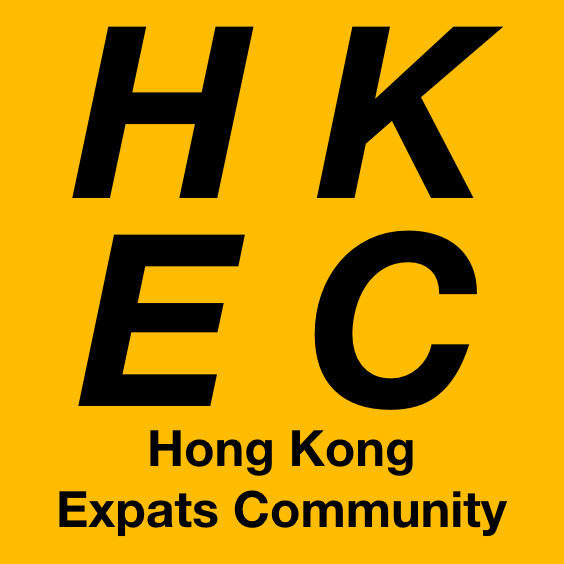In recent weeks, Hong Kong has witnessed a concerning trend among its professionals, particularly those in specialized fields such as veterinary medicine, pathology, and political research. Many of these professionals are facing challenges with visa renewals or are being pressured by their respective universities to leave. This has led to a significant outflow of talent, raising alarm bells about the city’s future in maintaining its high standards of professional expertise.
A professor recently relocated to Europe, citing mounting pressures. This move, described as a “small-scale evacuation” from Hong Kong, reflects a broader trend that is not merely about replacing expatriates with mainland Chinese professionals. Similarly, a friend of mine has decided to move to Singapore to start anew, highlighting the drastic steps professionals are taking to find stability and security.
There is a common misconception that the current changes are simply about having mainland Chinese individuals take over the roles previously held by expatriates. However, the reality is more complex and concerning. The replacement of expatriates is leading to a significant disruption in the professional landscape of Hong Kong. Previously, areas like Mid-Levels were filled with residences rented out by international companies for their employees. These large multinational corporations are now downsizing, resulting in a shift in housing from Mid-Levels to Kennedy Town.
This trend signifies a contraction of foreign investment and presence in Hong Kong, which could have long-term implications for the city’s economic health and its standing as an international hub. The exodus of experienced professionals and the downsizing of multinational corporations not only disrupts the local economy but also erodes the rich diversity of expertise and knowledge that has been a hallmark of Hong Kong.
The pressures faced by these professionals and the subsequent moves they are forced to make highlight the growing challenges in Hong Kong’s professional and academic environments. If this trend continues, it could lead to a significant brain drain, undermining the city’s ability to maintain its high standards in various specialized fields.
In conclusion, the current situation in Hong Kong is more than just a simple replacement of expatriates with mainland Chinese professionals. It represents a deeper issue of professional attrition and economic contraction that needs to be addressed to ensure the city’s continued prosperity and international relevance. The experiences of these professionals, from those relocating to Portugal to starting anew in Singapore, serve as stark reminders of the pressures and uncertainties facing many in Hong Kong today.
